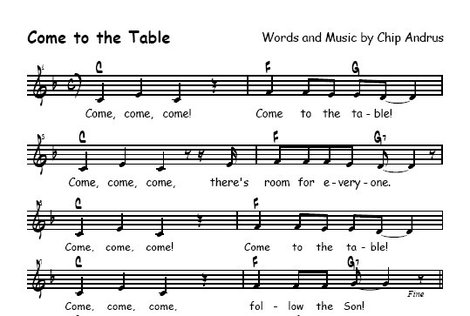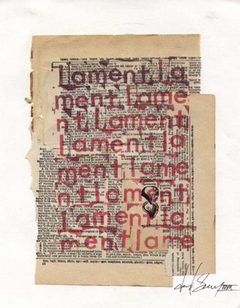 I was at a church the other day where they did the most extraordinary thing at the offering. Instead of passing the plates and then bringing them up front to the doxology ("Thanks for all the stuff you give us, God!"), they passed the plates while two families came forward to bring testimony.
I was at a church the other day where they did the most extraordinary thing at the offering. Instead of passing the plates and then bringing them up front to the doxology ("Thanks for all the stuff you give us, God!"), they passed the plates while two families came forward to bring testimony.
But here's the thing--the testimony had to do with what they did with their share of an offering that had been taken some weeks before. Apparently as a response to a sermon on the parable of the talents, that week's offering was divided up and given _back_ to the various households of the church. They were then instructed to use their share to invest in the Kingdom.
One family testified of their confab at which they discussed what to do with their money. They decided to buy a sheep for someone through the Heifer Project. But they didn't have enough money to do it. So each of the family members did something to try to earn more. The things were pretty typical: the teenage son mowed lawns on a Saturday, the young girl did a lemonade stand. In the end, they augmented what they had been given and had enough for the Sheep and a few chickens, too.
File this one as a fabulous theological connection between life and liturgy.Continue reading...










